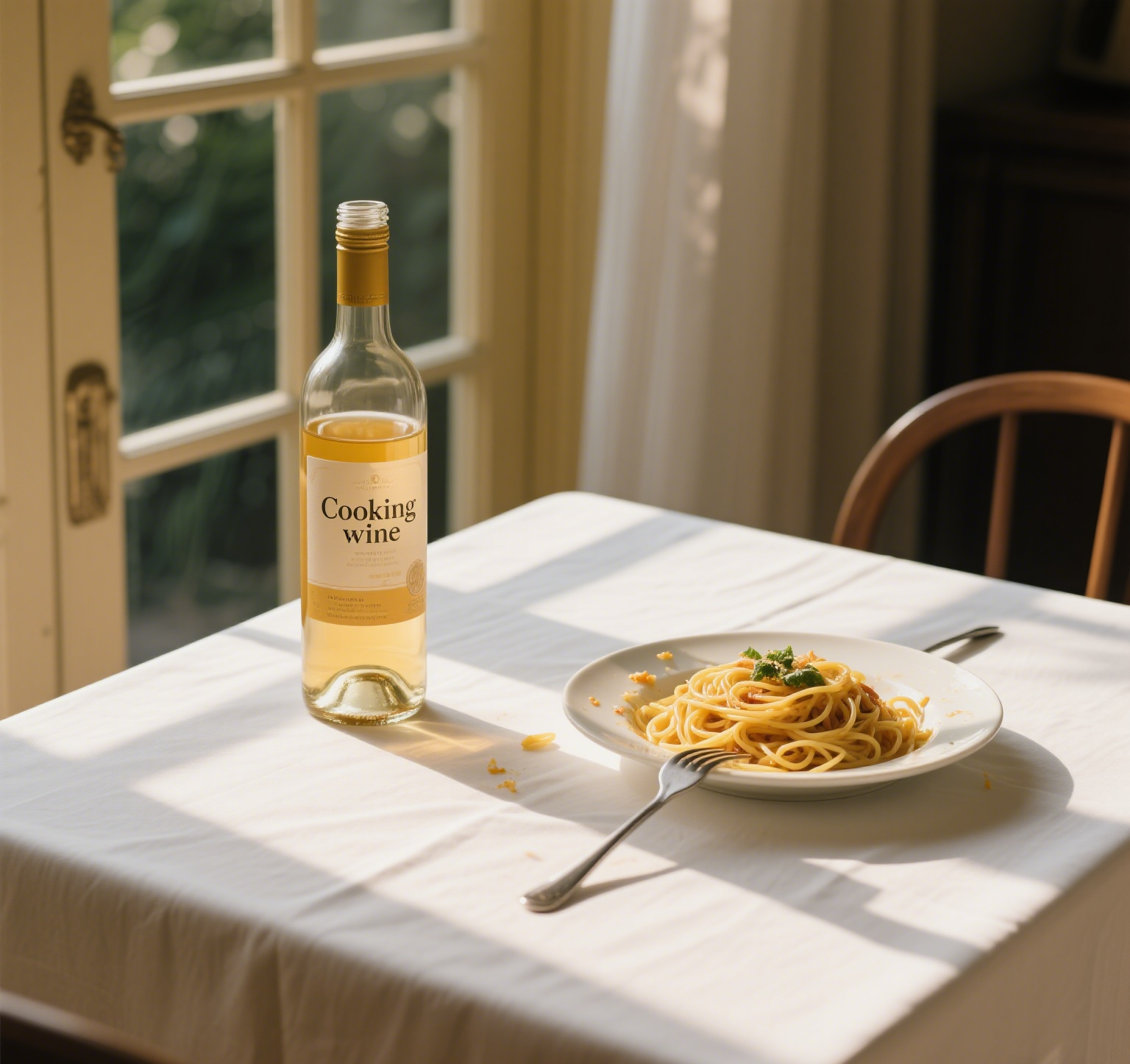Physical Address
304 North Cardinal St.
Dorchester Center, MA 02124
Physical Address
304 North Cardinal St.
Dorchester Center, MA 02124
Imagine if a sommelier and a chemist had a love child – that’s cooking wine in a nutshell. This unsung hero of the culinary world doesn’t belong in your wine glass, but it absolutely deserves a permanent spot in your pantry. Let’s pour out the truth about this flavor-boosting elixir.

Golden phrase alert: “Cooking wine is to regular wine what a stunt double is to an actor – both valuable, but one’s specifically trained for high-heat situations.”
FeatureCooking WineDrinking WineSalt ContentHigh (preservative)NonePriceWallet-friendlyCan break the bankHeat ResponseLaughs in the face of boilingGets stage fright
Pro tip: “Using cooking wine is like hiring a sous chef – it does the heavy lifting so your natural flavors can shine.”
While purists insist on cooking wine, you can improvise with:
Remember: “A kitchen without cooking wine is like a painter without brushes – you’ll get the job done, but never the masterpiece.”
Cooking wine isn’t just an ingredient – it’s your flavor amplifier, sauce savior, and culinary cheat code all in one bottle. Whether you’re deglazing a pan or building a complex sauce, this kitchen workhorse proves that sometimes the most humble ingredients create the most extraordinary results.
As any seasoned chef knows: “Great cooking requires three things – good ingredients, proper technique, and a well-stocked bottle of cooking wine within arm’s reach.”